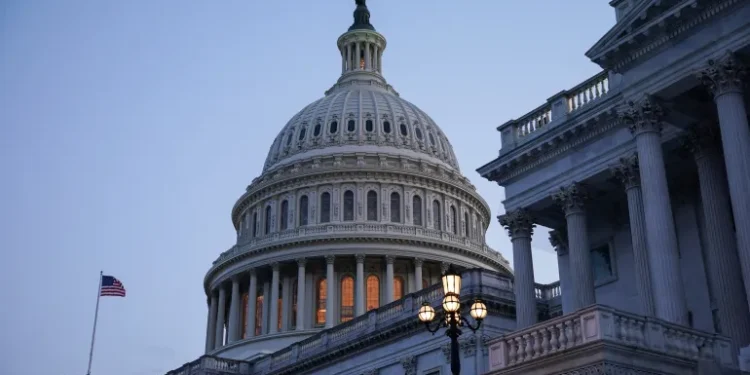Automated Teller Machines (ATMs) were introduced to revolutionize banking by providing 24-hour access to funds and reducing congestion in banking halls. Yet, for many Ghanaians, that promise has been compromised.
Unreliable services, frequent downtimes, and hidden fees have transformed what should be a convenience into a financial burden. CUTS International Accra, a respected research and policy think tank, is calling on the Bank of Ghana (BoG) to step in and rectify what it describes as a growing injustice to consumers.
Appiah Kusi Adomako, the West Africa Regional Director for CUTS International Accra, captured the sentiment of many Ghanaians when he said, “It’s deeply unfair to charge people extra for using another bank’s ATM when their own bank’s machine is broken or out of cash. Consumers shouldn’t pay for problems they didn’t create.” His statement highlights the core of the issue: consumers are being penalized for circumstances beyond their control.

This outcry isn’t just anecdotal. The 2025 State of the Ghanaian Consumer report by CUTS, which surveyed 1,795 individuals across all 10 regions, found that 71 percent had encountered ATM issues in the last three months. Of those affected, 44 percent resorted to using third-party ATMs, and 68 percent said they were not notified of extra charges before proceeding.
In more advanced financial systems, ATMs alert users about any associated transaction fees before the process is completed. This practice allows individuals to decide whether to continue or cancel the transaction. In Ghana, however, many consumers only learn of the charges after receiving debit alerts or reviewing their bank statements.
This lack of transparency not only violates the BoG’s Consumer Protection Directives but also erodes trust between banks and their customers. “Banks have a responsibility to be upfront about costs,” Adomako stated. “Every Ghanaian deserves to know exactly what they’re being charged for when they use an ATM.”
Consumer Costs Rise Despite Bank Savings
What makes the situation particularly unjust is that while banks save significantly on operational costs by deploying ATMs—reducing the need for human tellers and easing pressure on branches—these savings are not passed on to the consumers. Instead, customers are charged maintenance fees and per-transaction costs even when using their own bank’s ATMs.
“Banks benefit immensely from ATMs,” Adomako emphasized, “but instead of rewarding customers with affordable services, they’re shifting costs onto them. This erodes trust in the banking system.”
Beyond the statistics, the personal stories of ordinary Ghanaians tell a more compelling tale. Many recount frustrating experiences of visiting several ATMs only to be met with “Out of Order” signs, leaving them with no choice but to incur fees at third-party ATMs. Focus group discussions organized by CUTS echo this reality, revealing widespread dissatisfaction with long queues, frequent machine breakdowns, and hidden fees.
One participant summarized the experience poignantly: “You’re already stressed because your bank’s ATM isn’t working, and then you get hit with a fee for accessing your own money from a different bank’s ATM. It feels like a punishment.”
CUTS Proposes Key Reforms for Consumer Protection
To address the mounting concerns over unfair ATM charges, CUTS International Accra has proposed a set of four key reforms aimed at protecting consumers and restoring equity in the banking system. The organization is urging the Bank of Ghana to implement policies that allow customers to make up to four free withdrawals per month from third-party ATMs, especially in cases where their own bank’s ATMs are out of service.
This would shield consumers from being penalized for circumstances beyond their control. Additionally, CUTS is calling for the elimination of monthly ATM maintenance fees for customers who primarily use their bank’s machines, ensuring that loyal users are not unfairly burdened by recurring costs.
Equally important in the proposed reforms is the issue of transparency. CUTS is advocating for mandatory fee disclosures at all ATM points before transactions are completed, empowering users to make informed decisions about their banking. Furthermore, to promote accountability and ensure reliable service, the organization recommends that the BoG enforce minimum ATM uptime standards. Banks that fail to meet these standards should face regulatory penalties or be compelled to compensate affected customers. These proposed reforms, if adopted, would not only protect consumer rights but also strengthen public confidence in Ghana’s digital banking ecosystem.
CUTS commended the BoG’s recent statement on reviewing ATM charges but insists that a consumer-first approach must guide the process. “Digital banking should mean convenience, affordability, and trust—not hidden costs,” Adomako concluded.
READ ALSO: Mahama Charts Strategic Alignment, Shares Vision at Ghana-EU Economic Forum





















